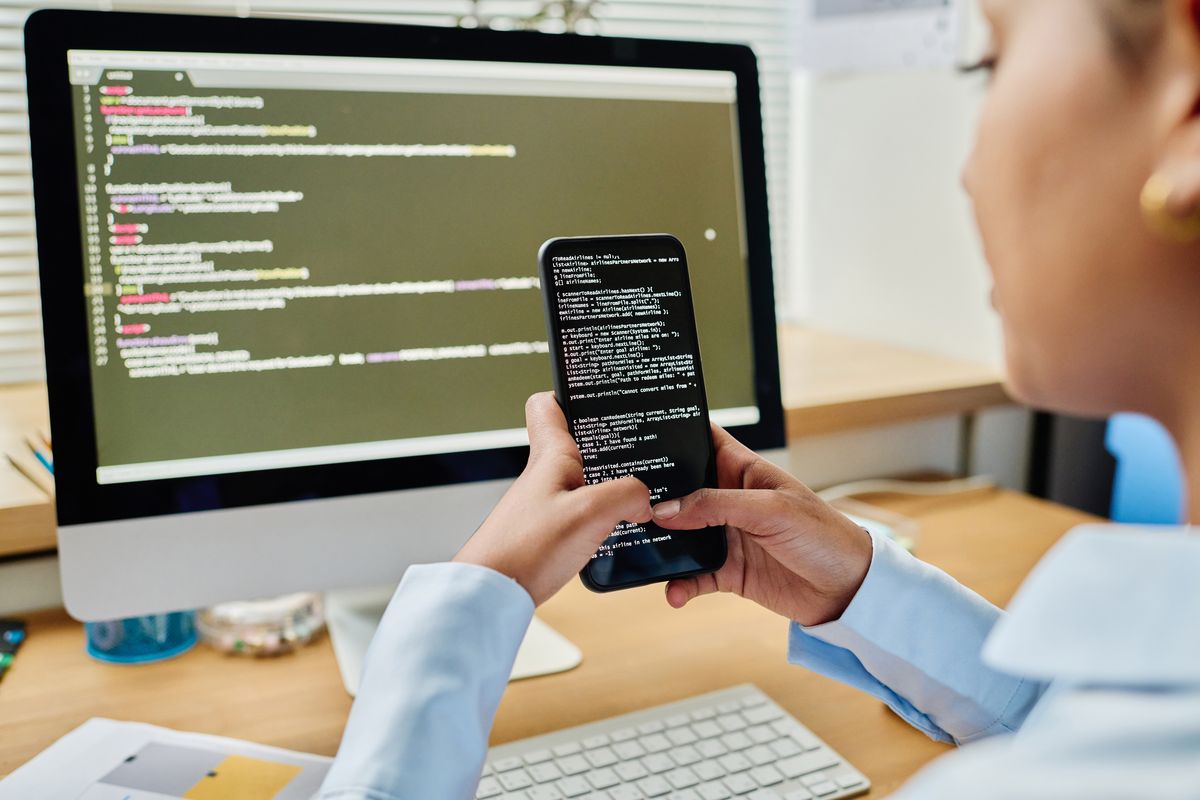The Importance of Mobile App Testing
- Best Practices

Mobile app testing is the process of ensuring that a mobile app meets its requirements and works as expected. It is an essential part of the mobile app development process, as it helps to identify and fix bugs and defects before the app is released to users.
There are many different types of mobile app testing, including:
- Functional testing: This type of testing ensures that the app’s features work as expected. For example, functional testing might involve testing the app’s login process, its ability to save data, or its ability to display content correctly.
- Performance testing: This type of testing ensures that the app performs well under different load conditions. For example, performance testing might involve testing the app’s response time on different devices, with different network speeds, and with different numbers of users.
- Security testing: This type of testing ensures that the app is secure from unauthorized access, data theft, and other security threats. For example, security testing might involve testing the app’s authentication mechanisms, its encryption methods, and its ability to resist common attack vectors.
- Usability testing: This type of testing ensures that the app is easy to use and navigate. For example, usability testing might involve asking users to complete tasks in the app and observing how they interact with the app.
Mobile app testing is important for several reasons. First, it helps to ensure that the app is free of bugs and defects. Bugs and defects can cause the app to crash, lose data, or behave in unexpected ways. This can lead to a poor user experience and can damage the app’s reputation.
Second, mobile app testing helps to ensure that the app performs well on different devices and under different load conditions. This is important because mobile devices vary widely in terms of their hardware specifications and network speeds. If an app does not perform well on a particular device or under a particular load condition, it will be a poor user experience for those users.
Third, mobile app testing helps to ensure that the app is secure. Mobile apps are increasingly being targeted by hackers, so it is important to take steps to protect the app from unauthorized access, data theft, and other security threats. Mobile app testing can help to identify security vulnerabilities in the app and can help to mitigate these risks.
Finally, mobile app testing helps to ensure that the app meets its requirements. The requirements for a mobile app can be complex and can change over time. Mobile app testing can help to ensure that the app meets the current requirements and that it is still meeting the requirements as they change.
In summary, mobile app testing is an essential part of the mobile app development process. It helps to ensure that the app is free of bugs and defects, that it performs well on different devices and under different load conditions, that it is secure, and that it meets its requirements. By taking the time to test the app thoroughly, developers can help to ensure that the app is a success.
Here are some tips for mobile app testing:
- Start testing early in the development process. This will help to identify and fix bugs early on, before they become more difficult to fix.
- Use a variety of testing methods. This will help to ensure that the app is tested from all angles.
- Test on a variety of devices and operating systems. This will help to ensure that the app works well on all devices.
Test with real users. This will help to identify usability issues that might not be apparent to developers. - Involve the entire team in the testing process. This will help to ensure that everyone is aware of the app’s requirements and that everyone is working towards the same goal.
By following these tips, developers and app owners can help to ensure that their mobile apps are tested thoroughly and that they are released to users in a high-quality state.
If you would like to speak to us about mobile app testing or app development, please contact us for a free consultation.